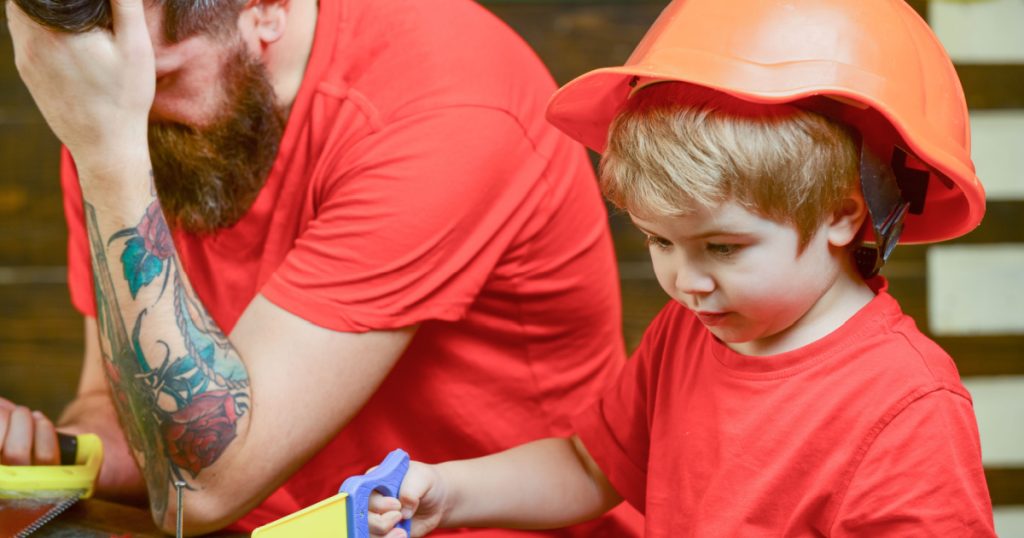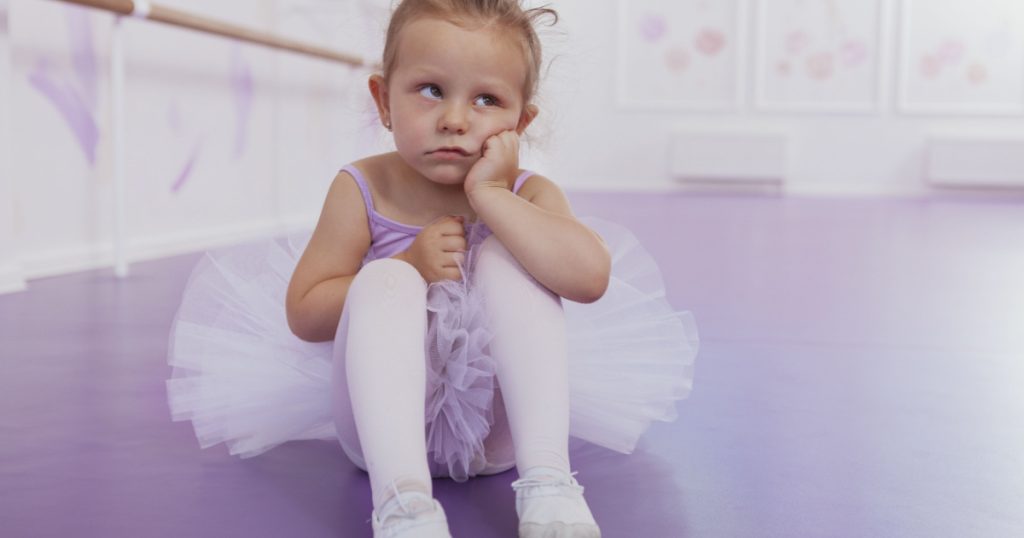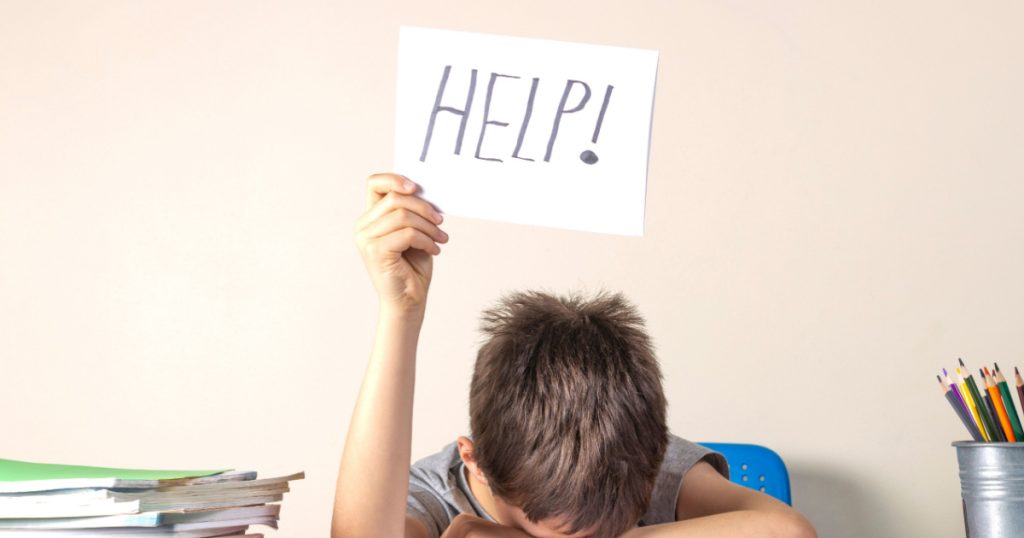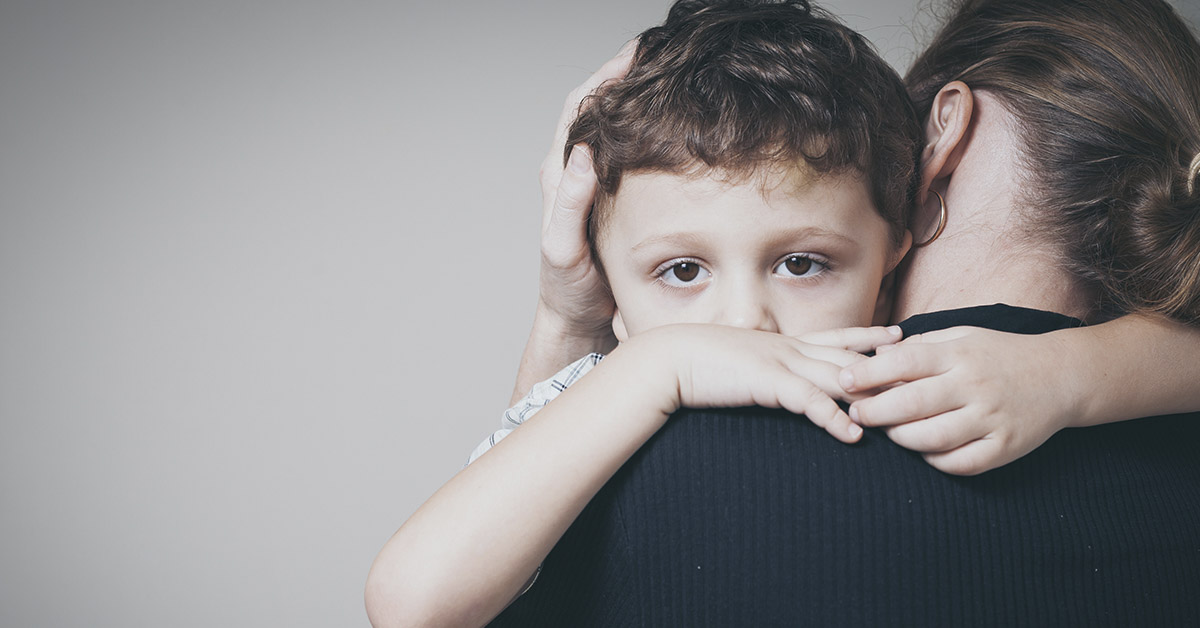Parenting is a complex and challenging journey that requires constant learning and adaptation. While most parents have the best intentions for their children, there are times when their actions might unknowingly cause harm. From overprotectiveness to excessive criticism, there are several behaviors that, although unintentional, can have adverse effects on a child’s development. In this article, we will explore 12 harmful things that parents might do without realizing the potential consequences.
1. Overprotection

While protecting children from harm is essential, excessive overprotection can hinder their ability to develop essential life skills. Overprotective parents may inadvertently prevent their children from learning how to navigate challenges, leading to a lack of resilience and self-confidence.
2. Comparison

“Why can’t you be more like your sister?” This is a phrase often used by frustrated parents. However, this can lead to feelings of inadequacy and low self-esteem. Parents should focus on their child’s unique strengths and encourage them to develop their own identity rather than measuring them against their peers.
3. Unrealistic Expectations

Setting overly high expectations can create undue pressure on children to perform, leading to stress and anxiety. It’s crucial for parents to recognize and respect their child’s individual abilities and limitations.
4. Ignoring Emotional Needs

Children are just small and immature “adults”. They have all the emotions, but lack of the know-how to navigate through them. They need support all the time. Neglecting a child’s emotional needs can have long-lasting effects on their mental well-being. Parents should create an open and supportive environment where their child feels comfortable expressing their feelings.
5. Criticism Instead of Encouragement

Constant criticism can erode a child’s self-esteem and confidence. There is no need to insult your child. Balancing constructive feedback with genuine encouragement is vital to nurturing a child’s growth.
6. Imposing Personal Ambitions

Sometimes parents cut off their own dreams because life stepped in the way. This does not mean your child should pick up where you left off. Pushing children to fulfill unfulfilled dreams of their own can lead to resentment and a lack of genuine motivation. Each child should be allowed to pursue their own passions and interests.
7. Spoiling

Buying your children everything they ask for seems like a sure way to win their affection. However, this is so wrong. Overindulging your children is a one-way ticket to having a spoilt child who doesn’t know how to be grateful for what they have. Saying “no,” to their requests from time to time can help them learn gratitude and self-discipline.
8. Favoritism

Some parents just can’t help but love their first child more. Others tend to lean towards the one who excels, leaving the other sibling feeling like they’re in the shadows. Showing favoritism towards one child over another can lead to rivalry and feelings of neglect. Treating each child fairly and equitably is crucial to maintaining a harmonious family dynamic.
9. Inconsistent Discipline

Inconsistency in discipline can confuse children about what is expected of them. Being consistent and setting appropriate consequences in motion for certain behaviors helps children understand boundaries and accountability.
10. Withholding Affection as Punishment

Imagine not giving your child just because they did something naughty. Overstepping boundaries is part of a child’s learning process. It should not mean you do not show them affection. Withdrawing it as punishment can damage a child’s sense of security and self-worth. Love and affection should always be unconditional.
11. Over-scheduling

Filling a child’s schedule with numerous activities can lead to burnout and a lack of time for unstructured play and relaxation. Allowing children to have downtime is essential for their mental and physical well-being. children may have lots of energy, but they can easily become overwhelmed.
12. Disregarding Privacy

Some parents cannot resist rummaging through their child’s closet while they’re at school. Or worse, they read their private journals. Respecting a child’s privacy, especially as they grow older, is crucial for building trust and independence. Invading their personal space can strain the parent-child relationship.
Final Thoughts
Parenting is a continuous learning experience, and while mistakes are inevitable, awareness of potentially harmful behaviors can help parents navigate the challenges more effectively. By prioritizing open communication, unconditional love, and a genuine understanding of each child’s unique needs, parents can create a nurturing environment that supports their children’s holistic development and well-being.
Sources
- 50 Things Toxic Parents Say and Why They Are Harmful To Children. Parenting for Brain. Pamela Li. May 6, 2023.
- “8 Potentially Harmful Things Parents Do Without Even Realizing It. Red Book Mag

